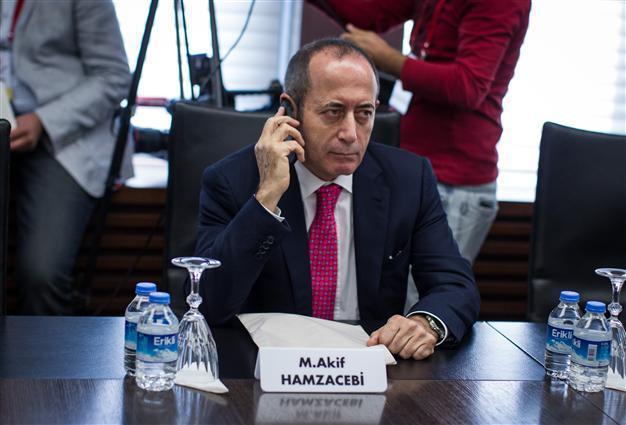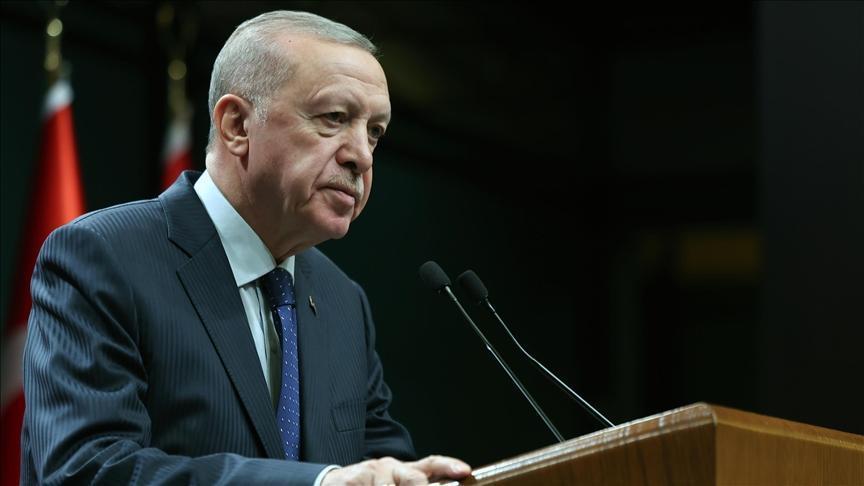CHP turns to top court to annul restrictive Internet changes
ANKARA

CHP Deputy Parliamentary Group Leader Akif Hamzaçebi. AA Photo
The main opposition party has appealed to the Constitutional Court to annul recent changes to the Internet Law, arguing that they further restrict Internet use in Turkey and increase the government’s control of web traffic.“This [law] is a direct violation of freedom of thought, expression and communication. You cannot justify [restrictions on the use of Internet] by [concepts of] public order, national security and preventing a crime,” Akif Hamzaçebi, deputy parliamentary group leader of the Republican People’s Party (CHP), told reporters on Sept. 15.
The CHP’s appeal concerns two articles of the Omnibus Bill that will further increase the government’s control of the Internet. The law grants the Telecommunications Directorate (TİB) the authority to monitor Internet users and block websites and their content without court permission, also giving the TİB head authority to block websites and content with an aim of “protecting national security and public order, as well preventing crime.”
These restrictions drew reactions from Turkey’s opposition and international organizations concerned that freedom of expression and the right to freely communicate in private will come under increasing danger.
The government changed the Internet Law in early 2014, after a social media campaign targeted government members over corruption claims. The voice recordings of a number of Turkish officials including then-Prime Minister Recep Tayyip Erdoğan, allegedly showing their acceptance of bribes, shook Turkish politics. The government banned the social media websites Twitter and YouTube in a bid to plug the leaks.
The law also regulates the storage of Internet traffic. Changes in the law authorize the TİB to store data in-house and to turn over data to relevant institutions upon a court decision, sparking concerns that Internet surfing will come under the full-time surveillance of the government.
“This law is in violation of our Constitution and the international conventions that Turkey is part of,” Hamzaçebi said, arguing that the law “institutionalizes interference” in Internet freedom.
“As we have seen a direct attack on freedoms, we have decided to urgently appeal to the Constitutional Court. We will bring the other remaining seven articles of the Omnibus Bill to court at the proper time,” he added.
















